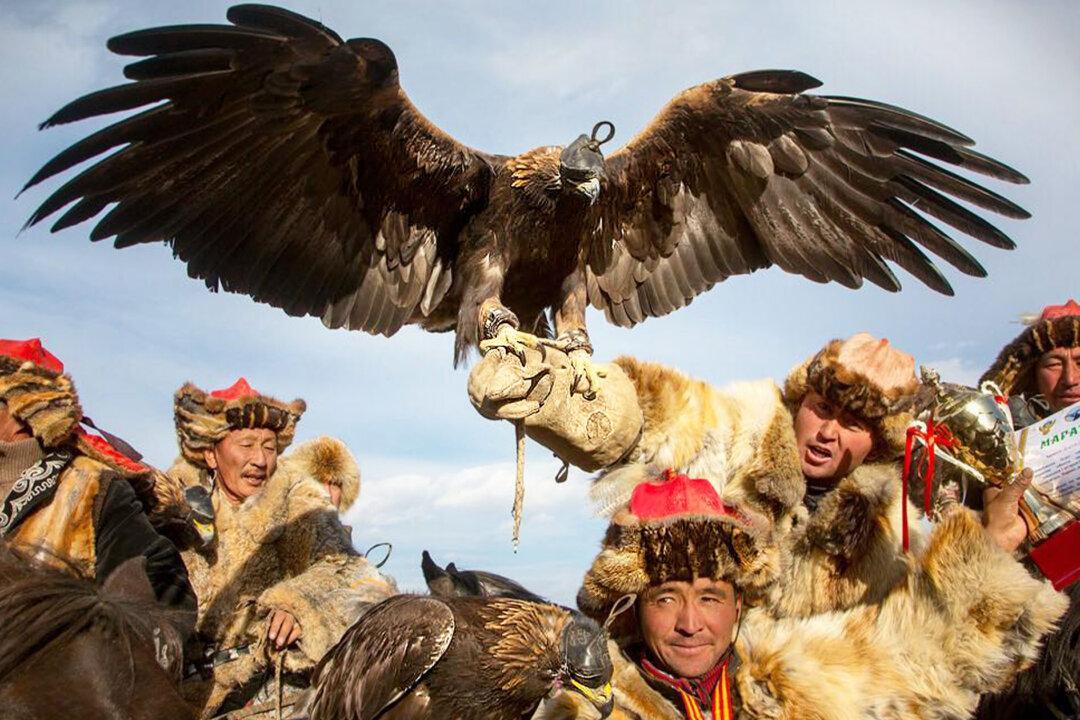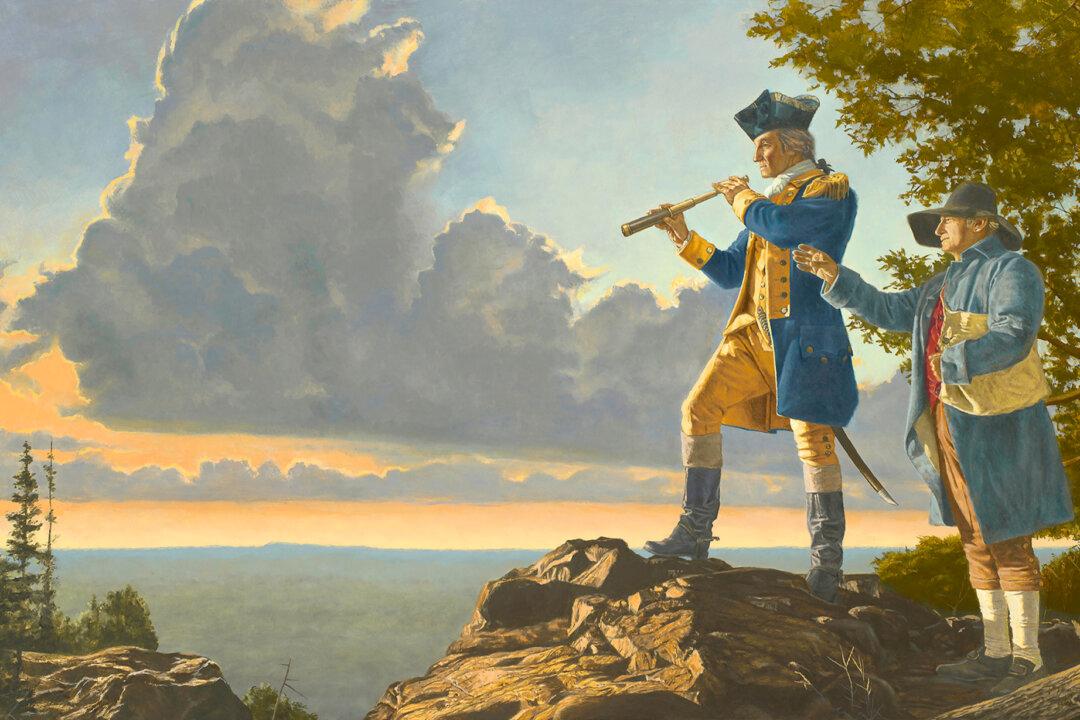Dutch photographer Wout de Jong has been documenting indigenous Asian cultures whose traditional ways are dwindling and on the verge of extinction.
Traveling to Mongolia, de Jong captured some of the unique atmosphere, skills, and traditions of the once-nomadic Kazakh eagle hunters and recently released his documentary photos. The Dutchman admits that the throngs of photographers, publicity, and tourist industry attracted by the Kazakhs’ yearly Golden Eagle Festival has impacted the people’s traditions, yet there are stories behind the scenes worth telling.






